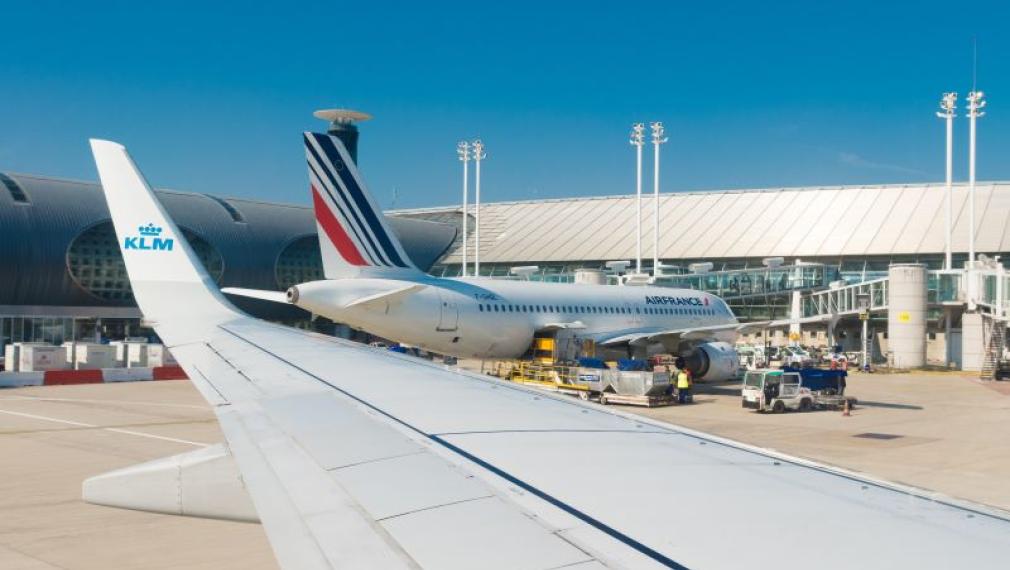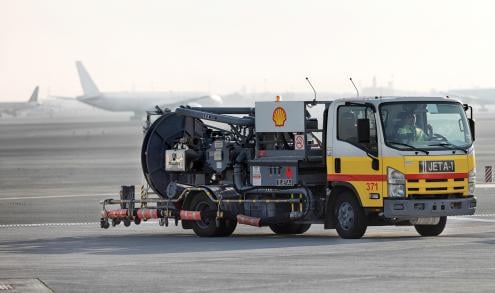Sustainable Aviation Fuel
With governments and airlines committed to decarbonizing aviation by 2050, innovative solutions are required and sustainable aviation fuels (SAF) could play a major role in meeting targets. IATA estimates that SAF could contribute around 65% of the reduction in emissions needed by aviation to reach net-zero in 2050. This will, however, require a massive increase in production in order to meet demand.
Latest News On Sustainable Aviation Fuels
Feb 14, 2025
The zero-emission airliner delay leaves advancing hydrogen to startups that are focusing on retrofits and smaller aircraft.
Feb 13, 2025
The International Civil Aviation Organization's Finvest Hub will connect aviation decarbonization projects with potential public and private investors.
Feb 12, 2025
The Trump administration has approved the first tranche of a $1.67 billion loan guarantee to build a sustainable aviation fuels (SAF) plant in Montana.
Feb 12, 2025
Airbus’ decision to back-burner hydrogen propulsion is one more sign commercial aviation is having a hard time finding technology solutions to decarbonize.
Feb 11, 2025
Sustainable aviation fuel is key to achieving net-zero emissions, while hydrogen fuel takes a back seat.
Feb 08, 2025
Airbus is slowing ambitions to develop a hydrogen-fueled airliner by the mid-2030s but is expanding nearer-term plans to flight test unducted and ducted sustainable aviation fueled-engines for its next-generation single aisle.
Feb 07, 2025
Readers write about the financialization of aerospace, sustainable aviation fuel mandates, prospects for an airframer triopoly, and stop-fold tiltrotors.
Feb 06, 2025
IATA has released its methodology for reporting the emissions reduction that airlines can achieve by using sustainable aviation fuel (SAF).









